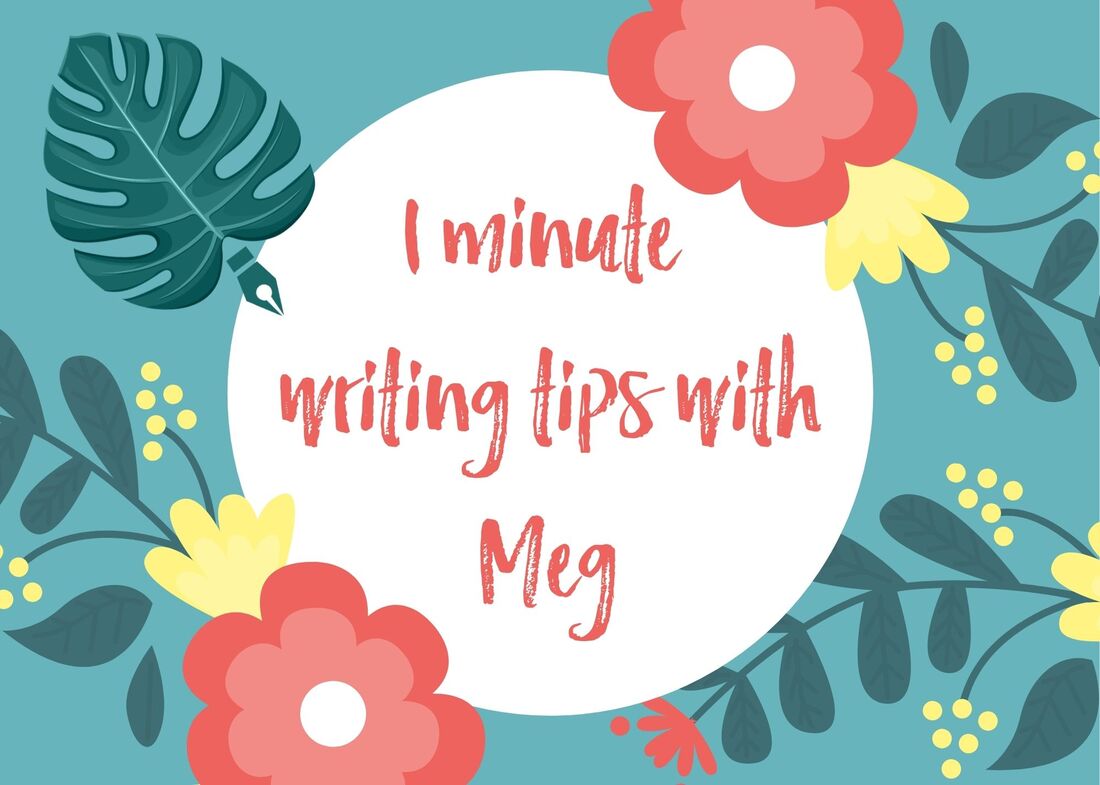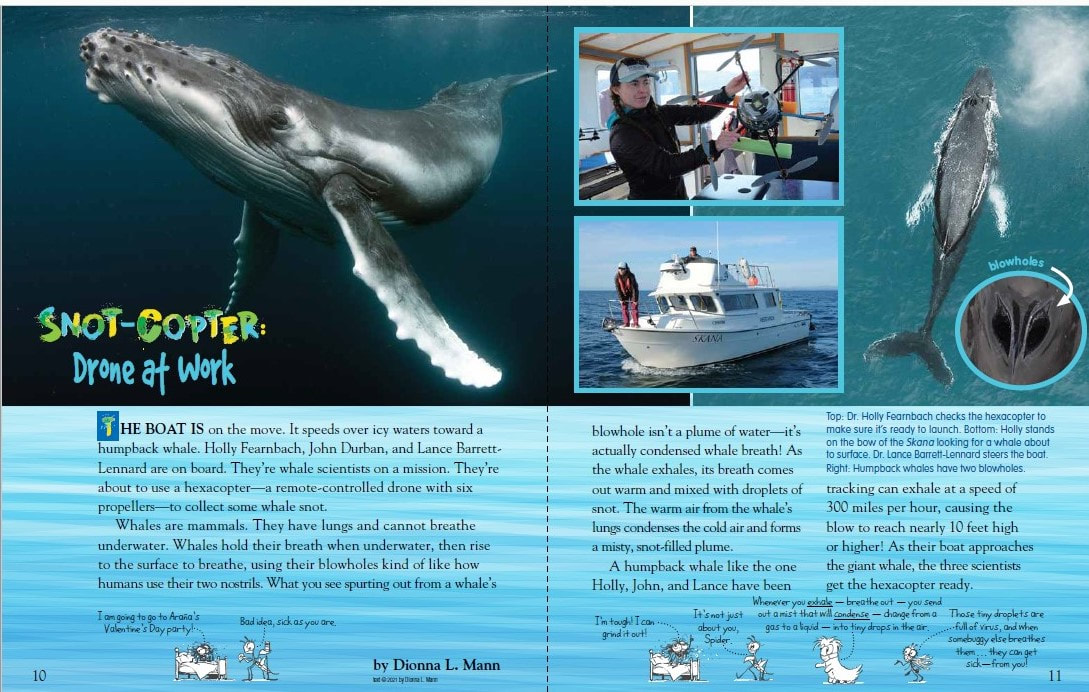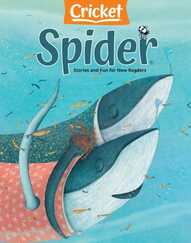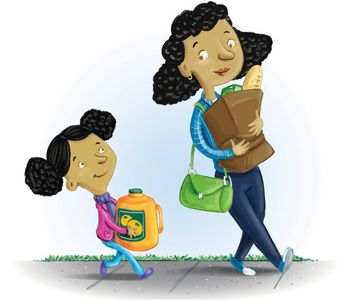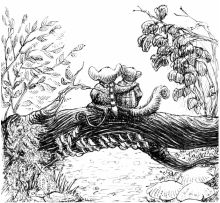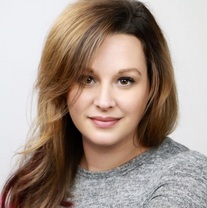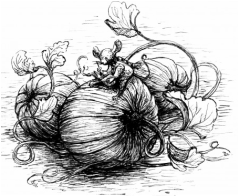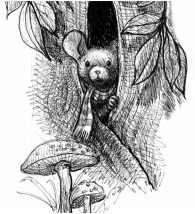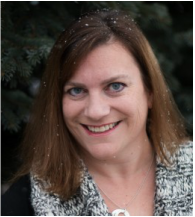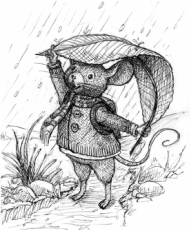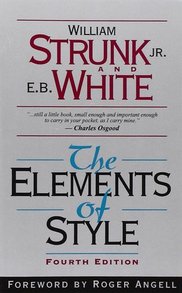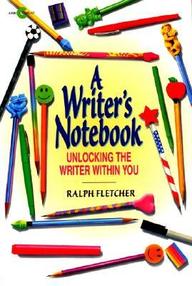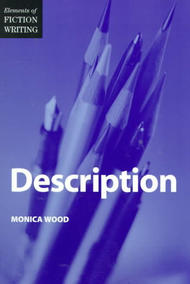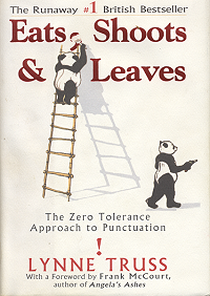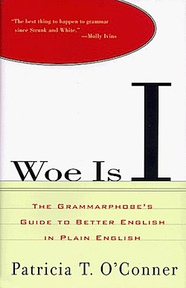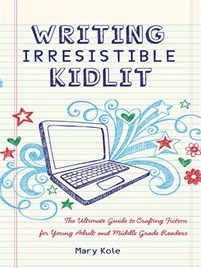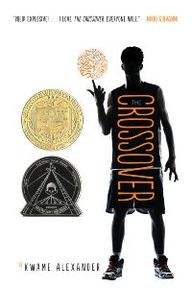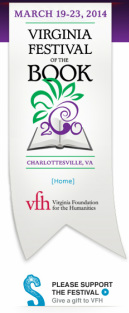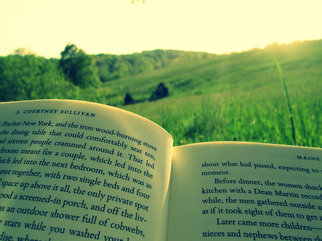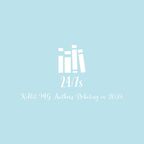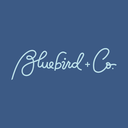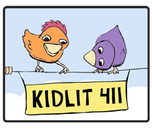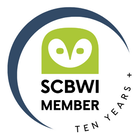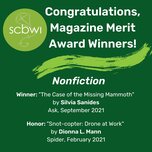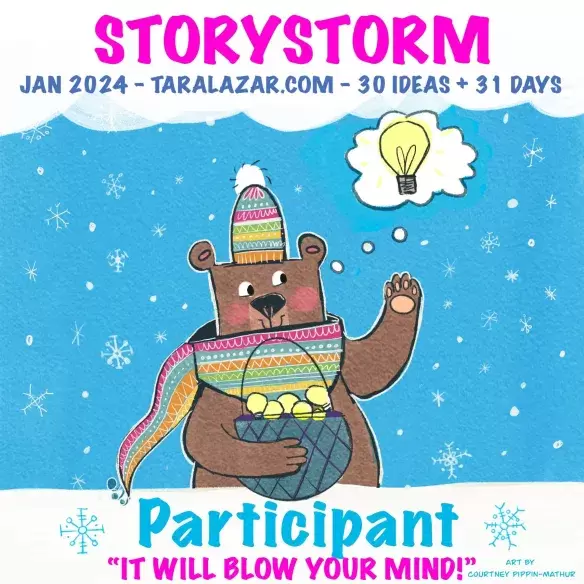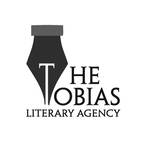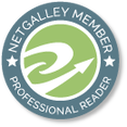Guess what? Meg Medina, kidlit author extraordinaire, offers such advice for FREE!
For about a year now, Meg has hosted a mini-video series on her Instagram channel (IGTV) called Meg’s One-Minute Writing Tips. Yep, that's right! Each video is just one-minute long! Doesn't that sound like munching on a chocolate bon-bon? YUM!
The reason Meg's advice is so delicious? For one thing, she knows a thing or two about writing yarns for young readers. After all, she is a Newbery-winning children's book author as well as a Hamline University and Highlights Foundation faculty member. For another, she covers a wide range of topics--from building likeable characters to plotting, from not rushing an ending to avoiding professional envy, from dialogue to self-care.
Mainly, the reason you'll enjoy Meg's series is because of the way she presents her advice. You'll feel as though you're sitting across from your friend who happens to be a kidlit pro, coffee in hand. And she's casually sharing with you what she's learned along the way of her writing journey.
Bottom line: Meg's One-Minute Writing Tips is like having a super friendly, seasoned author encouraging you as a children's book writer, saying "You can do this! I know you can!"
You'll find links to Meg's One-Minute Writing Tips on her Instagram channel (HERE) and posted throughout her Twitter feed (HERE). Start by watching her first segment "On Characters" HERE.
Happy learning! (And oh, please share your favorite writing tip in the comments of this post.)
